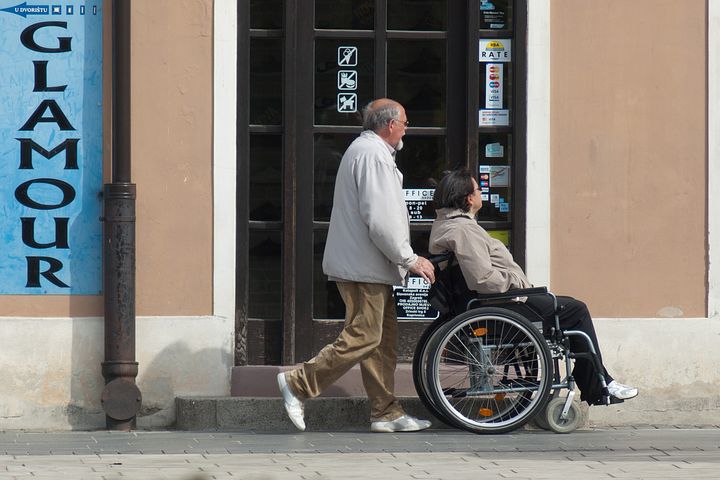NDIS SDA – What Providers Need to Know
NDIS SDA is a core component of providing care to Australians who require disability support. It makes life easier for those who struggle to live independently, offering several options tailored to the needs of the individual.
This article outlines what providers of specialist disability accommodation need to know.
Overview
The NDIS SDA is part of a huge reform to the pre-existing disability support agreement (the National Disability Agreement) in Australia which was launched in 2013 by the Gillard Labor government. It is still in the process of being rolled out nationally and is expected to be completed by 2020.
It provides Australians who need specialist housing solutions with just that – the most appropriate housing solution for their individual needs. This may include assistance with high support needs and/or functional impairment.
Some participants may be provided with funding for the NDIS SDA, though this is limited to a small number of people who meet eligibility criteria.
Types of dwellings
There are a number of different kinds of dwellings available through the scheme, and are located across much of the Sydney region, from the Sutherland Shire to the Blue Mountains.
Shared living

Shared living provides suitable NDIS SDA participants with the ability to live in a homely environment with other people requiring disability support. There are many options available, from large houses to smaller units. As with regular shared accommodation, those living in the dwelling will have to agree upon responsibilities and roles within the home. This may be done in regular meetings, which can also involve planning events and sharing tasks.
Staff will be available to offer support with things like goal setting, grocery shopping, cleaning and budgeting. Different levels of support will be provided based on the individual’s needs.
The benefits of this option are that residents have access to social opportunities and can practice self-care skills. Learning skills such as transport planning and meal preparation can help them to live independently in the future.
Transitional accommodation
The NDIS SDA also offers transitional accommodation for people with disabilities looking for assistance in living independently. Short stays are a good way to gain proof for Supported Independent Living applications. They offer a ‘home away from home’, allowing people to make new friends and learn new skills that they can use in the future. Participants visit the shared accommodation for a short stay which may range from one night to a holiday period. Staff will be at hand to help participants reach their goals, offering support with things such as:
- Learning practical skills: From cooking meals to doing the laundry, staff can help visitors learn valuable skills that they will need for living independently.
- Setting goals: They can also help establish personal, independent-living goals.
- Socialising: They can also help meet others with similar interests, doing activities such as movie nights and trips out.
Aged care

Aged care accommodation is a great NDIS SDA option for elderly people who have dementia or are frail. It is fully equipped and staff are always available to provide support when needed. Participants have access to social situations in the activity room and media room, relaxation through reading and doing craft, and can choose to prepare their meals independently or have their food cooked for them. And of course, they can independently visit or contact friends and family.
Provider brief
You should have a read over the Provider and Investor Brief for more information on matters relating to the NDIS SDA. This brief covers:
- Eligibility for the program
- Standards for dwellings to improve compliance
- Funding such as price reviews
- Innovations resulting from funding.
NDIS SDA – What Providers Need to Know Read More »

